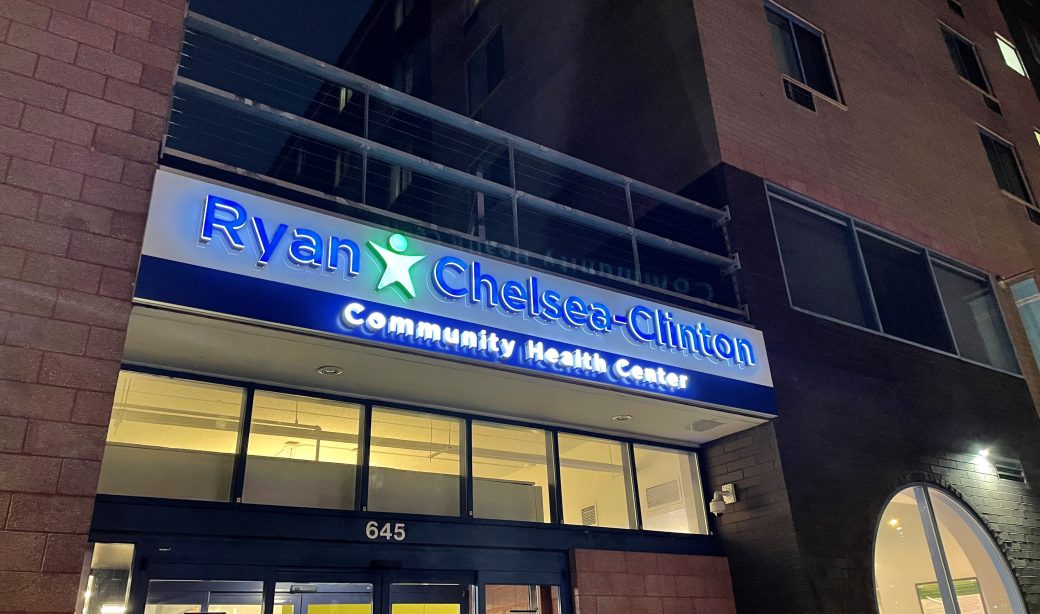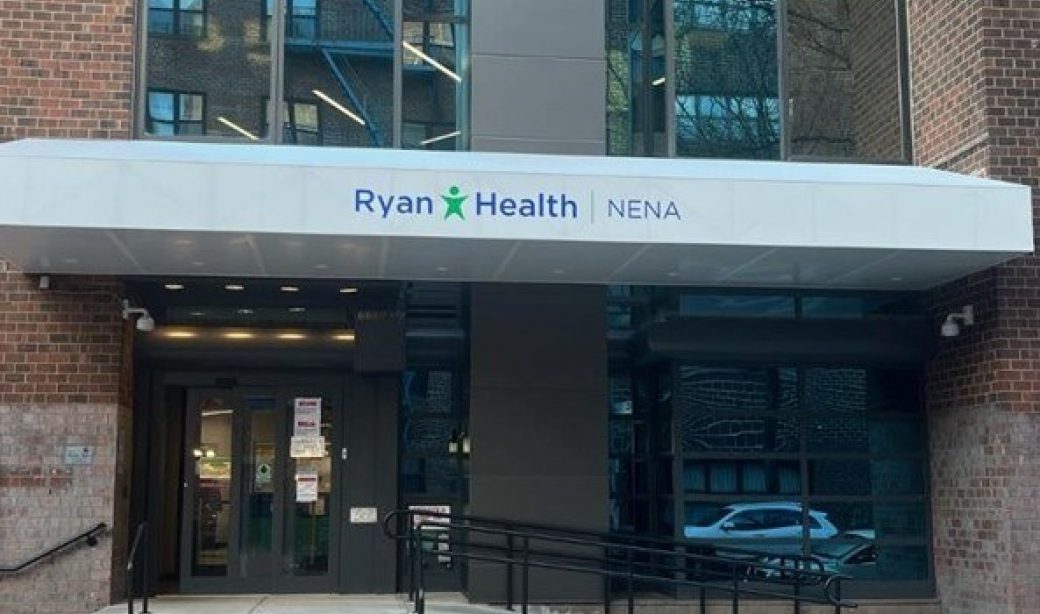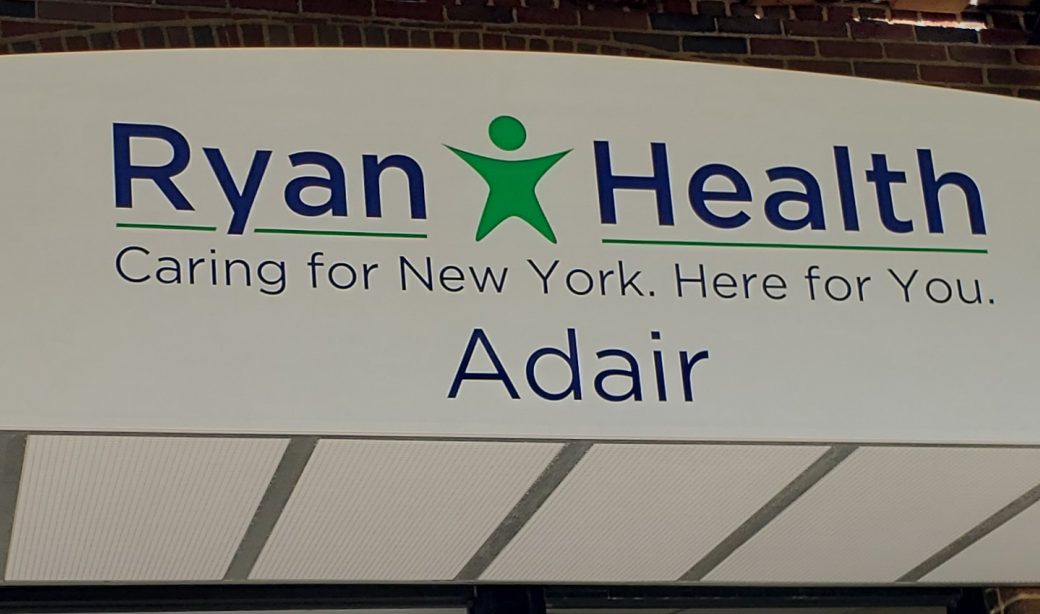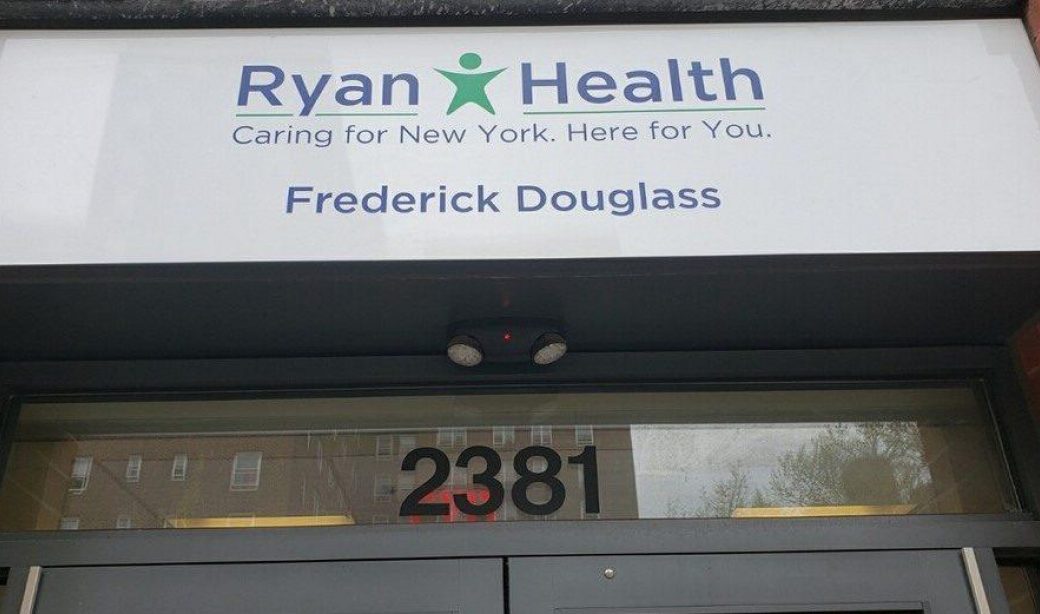Ryan Health has been a leading provider of quality HIV care, treatment and prevention services in communities throughout New York City since 1988. Ryan's HIV care team consists of highly skilled doctors, nurses, social workers, patient navigators and case managers who work together to create individualized care plans for people living with HIV who have a wide variety of needs.
HIV services include:
Treatment
We provide compassionate, confidential treatment of HIV, Hepatitis C and sexually transmitted infections (STIs).
- HIV Case Management and Patient Navigation Services
- The Undetectables (An incentive program for virally suppressed patients living with HIV)
- PEP Emergency and PrEP Coordination Services
- Individualized Specialty Referrals
Prevention
Prevention services are coordinated through the Prevention, Education and Outreach (PEO) Department, which has provided 30 years of HIV and STI Services, including 5 years of PrEP/PEP Services and 7 years of Rapid Hepatitis C (HCV) Services.
- Prevention Education and Counseling
- 4th Generation Rapid HIV Testing
- Rapid Hepatitis C Testing
- STI Testing and Treatment as needed
- 3 site STI Testing (Urine Sample, Throat Swab, Rectal Swab)
- Mobile Medical Unit
To make an appointment at any Ryan Health center
appointment
Learn how Ryan Health supports those living with HIV and AIDS
95% Of our patients with HIV have undetectable viral loads
My Care Team
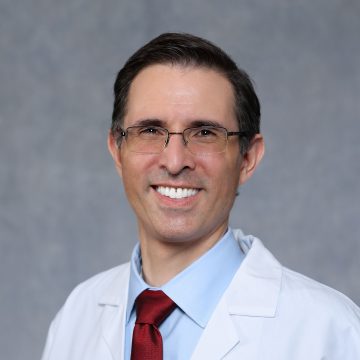
Edward Solis, MD
- Primary Care
- HIV/AIDS Prevention and Care
- PrEP and PEP

Sophie Nurani, ANP-BC
- Opioid Addiction Treatment
- HIV/AIDS Prevention and Care
- PrEP and PEP
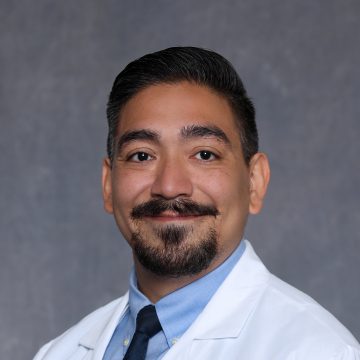
Phillip Martinez, MD
- Primary Care
- HIV/AIDS Prevention and Care
- PrEP and PEP
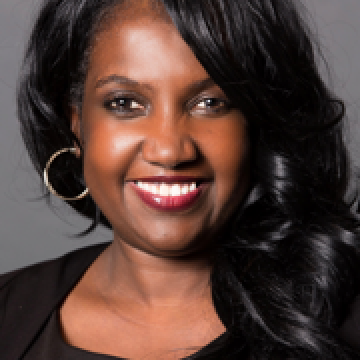
Marlene Taylor, PA-C
- Primary Care
- Pediatrics
- Women’s Health
- HIV/AIDS Prevention and Care
- PrEP and PEP
- Opioid Addiction Treatment

Meredith Gentes, DNP FNP-BC
- Primary Care
- Diabetes Management and Education
- HIV/AIDS Prevention and Care
- PrEP and PEP
- Women’s Health
- Opioid Addiction Treatment

Monica Dreitcer, FNP
- Primary Care
- Diabetes Management and Education
- PrEP and PEP
- Sexual and Reproductive Health
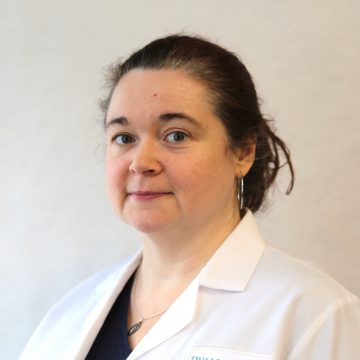
Louise Austin, PA
- Primary Care
- HIV/AIDS Prevention and Care
- PrEP and PEP
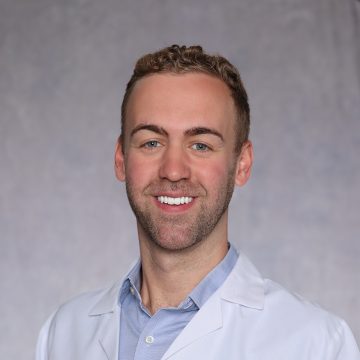
Carlton Lawrence, MD
- Pediatrics
- PrEP and PEP
- Sexual and Reproductive Health

Amy Schlauch, DO
- Primary Care
- Women’s Health
- Pediatrics
- PrEP and PEP

Kendell Rao, MD
- Primary Care
- Pediatrics
- Women’s Health
- PrEP and PEP
- Opioid Addiction Treatment

Molly Anderson, AG-NP
- Primary Care
- Women’s Health
- Opioid Addiction Treatment
- HIV/AIDS Prevention and Care
- PrEP and PEP

Fay Barrett, MPH
- HIV/AIDS Prevention and Care
- PrEP and PEP

Carolina Picardo
- HIV/AIDS Prevention and Care
- PrEP and PEP

Caroline Martinez
- HIV/AIDS Prevention and Care

Elizabeth Baez
- HIV/AIDS Prevention and Care
- PrEP and PEP

Lillian Bayron
- HIV/AIDS Prevention and Care
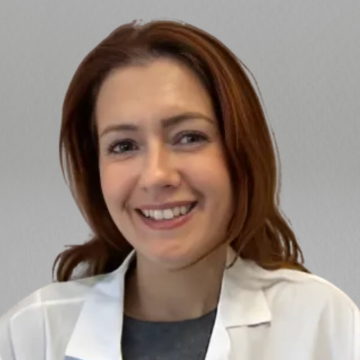
Verena Ebel, FNP
- Primary Care
- HIV/AIDS Prevention and Care
- PrEP and PEP
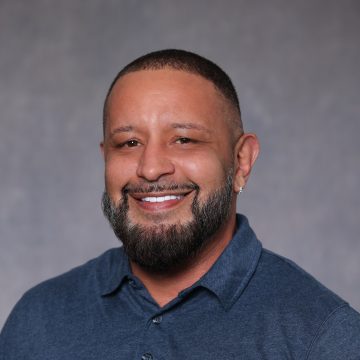
Roberto Vassilarakis
- HIV/AIDS Prevention and Care
- PrEP and PEP

Ram Bahar, NP
- HIV/AIDS Prevention and Care
- PrEP and PEP

Sriparta Lertpaichaiyon, PA
- Primary Care
- HIV/AIDS Prevention and Care
- PrEP and PEP
- Women’s Health

Krystine Garcia
- HIV/AIDS Prevention and Care
- PrEP and PEP

Virginia Kotsonis
- HIV/AIDS Prevention and Care
- PrEP and PEP
Questions
The HIV test takes approximately 20 minutes to run. That does not include the counseling that is provided during the HIV test. The entire appointment lasts about 30 minutes.
A Rapid HIV test is completely free at Ryan Health, regardless of your insurance status.
You can walk in at any time for a Rapid HIV test. An appointment is required for a blood draw.
The 4th Generation Rapid HIV test is 99.9% accurate. It tests for antigens (foreign substances in the blood) and antibodies (cells the body creates to neutralize foreign substances).
To help prevent the spread of HIV:
- Use a new condom every time you have sex. Use a new condom every time you have anal or vaginal sex. Women can use a female condom. If using lubricant, make sure it's water-based. Oil-based lubricants can weaken condoms and cause them to break. During oral sex use a nonlubricated, cut-open condom or a dental dam — a piece of medical-grade latex.
- Consider the drug Truvada. The drug emtricitabine-tenofovir (Truvada) can reduce the risk of sexually transmitted HIV infection in people at very high risk. You need to take it every day. It doesn't prevent other STIs, so you'll still need to practice safe sex. PrEP and PEP
- Tell your sexual partners if you have HIV. It's important to tell all your current and past sexual partners that you're HIV-positive. They'll need to be tested.
- Use a clean needle. If you use a needle to inject drugs, make sure it's sterile and don't share it. Take advantage of needle-exchange programs in your community and consider seeking help for your drug use.
- If you're pregnant, get medical care right away. If you're HIV-positive, you may pass the infection to your baby. But if you receive treatment during pregnancy, you can cut your baby's risk significantly.
- Consider male circumcision. There's evidence that male circumcision can help reduce a man's risk of getting HIV infection.


